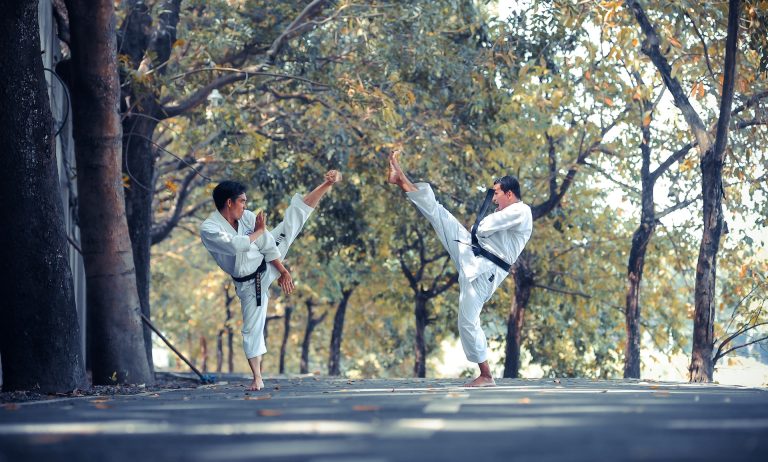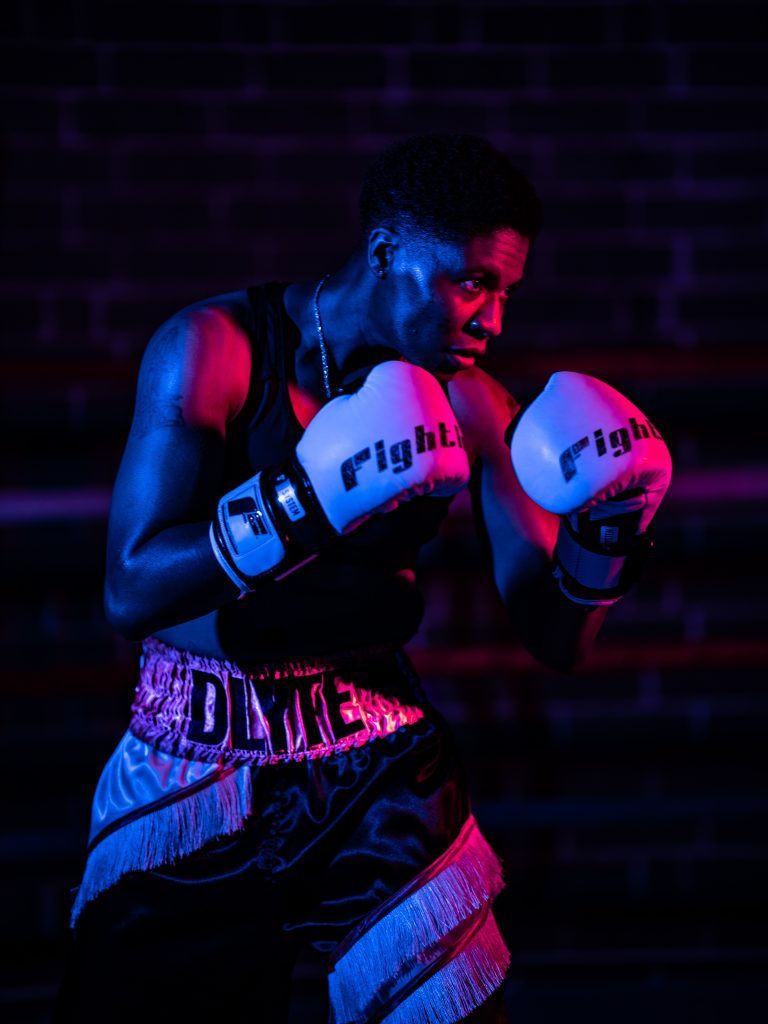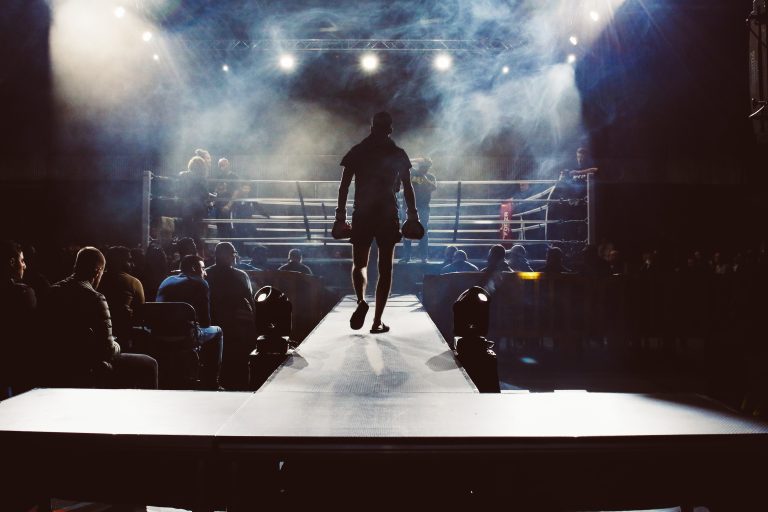Karate and the Importance of the Mentality
Karate is a martial art that has gained popularity as a form of fitness and self-defense for people of all ages. While physical strength and technique are important components of karate, the underlying mentality is equally essential in mastering this art.
What is the Karate Mentality?
The karate mentality is a way of thinking that encompasses discipline, respect, focus, and perseverance. These values are instilled in students from the beginning of their training, and continue to be reinforced throughout their journey towards mastery.
Discipline
Discipline is a crucial aspect of the karate mentality. It is the ability to set and follow a structured routine of training, practicing, and studying the art. A disciplined mindset helps students develop a strong work ethic and build the necessary physical and mental stamina required to progress in karate.
Respect
Respect is another critical aspect of karate mentality. This mindset teaches students to show respect for their instructors, fellow students, and the art itself. It involves bowing to others as a sign of gratitude and acknowledgement for the knowledge they share, and the hard work they put in to help students develop their karate skills.
Focus
Focus is an integral part of the karate mentality, as it requires the ability to concentrate on the task at hand. Students must have complete focus when learning new techniques, practicing their skills, and sparring with their fellow students. By keeping their minds focused on the task at hand, they can continually improve their skills and reach new levels of mastery.
Perseverance
Lastly, perseverance is essential in the karate mentality. Karate is not an art that can be mastered overnight, and it requires a considerable amount of practice and patience to progress. Perseverance teaches students to push through difficult times, work through challenges, and overcome obstacles in their karate journey.
Conclusion
In summary, the karate mentality is a critical aspect of learning karate. It encompasses discipline, respect, focus, and perseverance. Mastering the karate mentality not only helps individuals progress in karate but also helps them in their personal and professional lives. It is essential to remember that developing the right mindset is just as important as physical strength and techniques when learning any martial art, especially karate.
The Most Frequently Asked Questions About Karate and the Importance of the Mentality
Karate is a martial art that has been practiced for centuries in Japan and has now gained a worldwide following. It is not just a physical sport, but it also involves developing a strong mentality. In this article, we will answer some of the most frequently asked questions about the importance of mental training in Karate.
1. What is Karate?
Karate is a Japanese martial art that developed from the traditional Okinawan martial arts. It involves a wide range of techniques, including strikes, kicks, and grappling, making it a well-rounded sport. Besides physical training, Karate places emphasis on mental training, which is essential for gaining control over one’s emotions and achieving a state of complete focus.
2. Why is the mentality important in Karate?
Karate is not just about fighting; it is a way of life. Therefore, the mentality plays a vital role in the training and learning process. Karate practitioners strive to develop not only their physical abilities but also their mental capacity. The purpose of developing a strong mentality is to be able to maintain control over one’s emotions, to stay focused during training and competition, and to have the strength of character to face any challenge.
3. How does Karate develop the mentality?
Karate training involves mental training in several ways. One of the most important aspects is meditation, which helps to focus the mind and gain clarity of thoughts. Karate also involves Kata training, which is a form of solo training, where practitioners perform precise and deliberate movements to build muscle memory and focus. This improves mental discipline, as it requires complete concentration and focus. Another aspect is sparring, where practitioners have to react quickly and make split-second decisions, developing quick thinking and enhancing their ability to stay calm under pressure.
4. What are the benefits of developing mental strength in Karate?
Developing mental strength in Karate has several benefits. Firstly, it improves self-control and self-discipline, which is critical for achieving success in both Karate and everyday life. It also helps with focus, as practitioners learn to concentrate on the task at hand, which can improve their productivity and performance both in and out of the dojo. Moreover, it improves confidence, as practitioners learn to face challenges without hesitation and perform at their best, even under pressure.
5. How can mental training benefit other aspects of life?
The mental training involved in Karate can benefit many aspects of life, not just in the dojo. It can improve focus and productivity in the workplace or in academic studies. It can also help with decision-making and problem-solving, as well as developing leadership skills. Additionally, improved self-discipline and self-control can help with personal relationships and general mental health.
6. Can anyone develop the mental strength required for Karate?
Yes, anyone can develop the mental strength required for Karate. It takes time and effort, but mental training is just as important as physical training in achieving success in this sport. With the right mindset, a willingness to learn and persevere, anyone can develop the mental strength and discipline required to excel in Karate.
In conclusion, Karate is not just a physical sport but involves a combination of physical and mental training. Developing mental strength is essential for any Karate practitioner, and it has many benefits that extend beyond the dojo. Practitioners learn to focus, stay calm under pressure, improve decision-making skills, and enhance self-discipline and self-control. With dedication and a willingness to learn, anyone can master the mental and physical aspects of Karate.
Inhaltsverzeichnis






